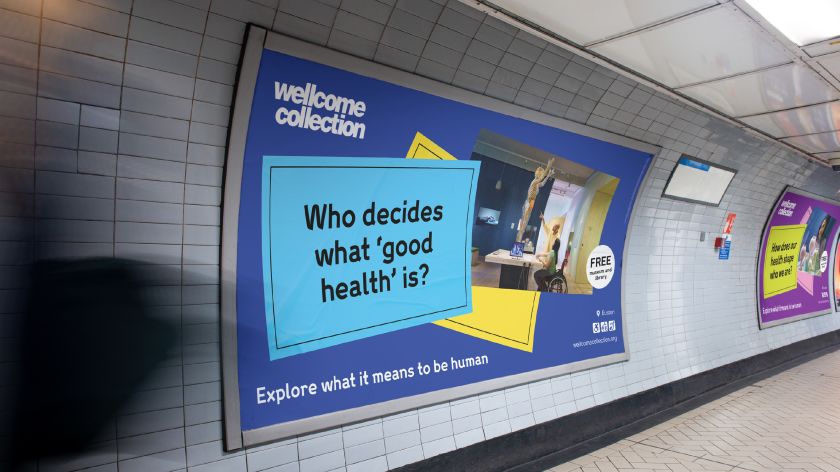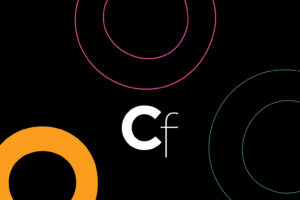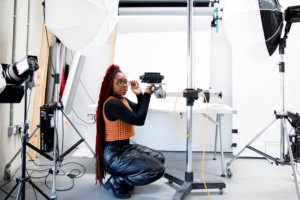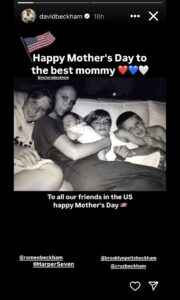Wellcome Collection’s new campaign invites Londoners to question everything


Created by purpose-driven agency Nice and Serious, the campaign challenges outdated perceptions of museums and asks the public to rethink health through a series of playful, provocative questions.
What does health smell like? What does health sound like? What happens when we stop chasing answers and start asking better questions?
These are just a few of the prompts springing up across London this month as Wellcome Collection launches a fresh destination campaign that puts curiosity front and centre. Designed by Nice and Serious, the new campaign repositions the museum and library not only as a free cultural gem but also as a space to reflect, reframe, and rethink what it means to be human.
For those unfamiliar, the Wellcome Collection is part museum, part library, and all about health in the broadest possible sense (think less white coats and more wide-eyed wonder, with exhibitions, archives and events). It explores everything from ancient medicine to contemporary mental health, personal perspectives, and global pandemics, often through unexpected lenses like art, folklore, or food.

While its content is anything but traditional, public perception hasn’t always caught up. “Our research revealed that many people still see museums as expensive or not for them,” says Zoë Gibson Quirk, senior strategist at Nice and Serious. “We wanted to change that.”
The team began by deep-diving into audience attitudes, conducting on-street interviews and in-situ observations, and setting up a Creative Council of diverse participants to sense-check ideas throughout. It was here that they uncovered a new cultural persona: the ‘culture snacker’.
“These are people looking for quick, engaging experiences, like a lunchtime wander, a moment of reflection between meetings, or a peaceful pause amid city life,” Zoë explains. “They want something mind-expanding, but without the homework.”
So, how do you catch a culture seeker’s eye? With questions, apparently.

The creative direction heavily leans into one of Wellcome Collection’s signature visitor features—small question cards scattered throughout the building that prompt people to share reflections on their visit. These became the spark for the campaign’s layered visual system: vibrant cards pasted over photography, each one posing an open-ended question designed to ignite curiosity.
“Every time we visited Wellcome Collection, we always came away with so many more questions about what health means to us,” says Peter Larkin, creative director at Nice and Serious. “So through the campaign, we wanted to bottle up that feeling as a way to draw more people in.”
The result is a flexible, energising framework that reflects the space’s interactive and layered nature. A 16th-century anatomical drawing might sit beside a modern-day protest placard, and visitors might ponder the emotional impact of antibiotics or the ethics of AI in care.

To ensure the campaign felt inclusive as well as intriguing, casting was carried out through an inclusive talent agency, and questions were co-created with the Wellcome team to resonate with as broad a range of perspectives as possible.
“We know that including target audiences and key stakeholders throughout the whole creative process leads to stronger results,” says Zoë. “How could we be confident that our campaign would reflect the space and engage new visitors if we didn’t ask the people we’re trying to reach?”
The idea of inclusivity beyond visuals is a thread that runs through both strategy and execution. From co-creation workshops to community testing, the campaign avoids tokenism in favour of genuine involvement.
“Health is something everyone experiences, but not always equally,” Zoë adds. “We wanted the campaign to echo Wellcome Collection’s belief that everyone’s experience of health matters.”
To that end, the campaign goes well beyond posters. Its multi-channel rollout includes out-of-home placements on buses and train stations across Euston, King’s Cross and St Pancras, all within a 10-minute radius of the venue. There are London Underground ads, audio spots on Spotify, digital placements across Meta, and immersive on-site elements like banners and question boards.

Crucially, though, it’s not all riding on the ‘free’ factor. In fact, one of the most surprising findings from the research was that “free” can sometimes be a double-edged sword.
“We were actually surprised to be told that ‘free’ could mean planning a visit slipped lower down or off their to-do lists altogether,” says Zoë. “So, when developing the campaign, it was vital that we didn’t rely on ‘free’ as the core message but focused on bringing to life the spirit of the space… and use ‘free’ as an extra opportunity for persuasion.”
The entire campaign is threaded with that spirit of openness, discovery, and human experience. Anna Cornelius, head of communications and marketing at Wellcome Collection, hopes it will resonate well beyond footfall numbers.
“Wellcome Collection’s vision – a world where everyone’s experience of health matters – is at the heart of this campaign,” Anna says. “We aim to open up our free exhibitions, events, and spaces to more people, reflecting our commitment to being an accessible and inclusive cultural destination.
“Working with Nice and Serious has brought that vision to life through a bold and creative campaign that communicates the spirit of Wellcome Collection in an engaging and ambitious way.”
It’s a timely message. With public trust in institutions still recovering post-pandemic and museums increasingly reassessing their relevance, there’s a growing appetite for cultural spaces that invite participation, not just observation.
“We need many more cultural institutions to commit to being open and accessible in how they explore their subject matter, how they design their environment, and how they communicate this to attract new and diverse audiences to the sector,” says Zoë.
For now, Wellcome Collection is doing just that, one question card at a time.



